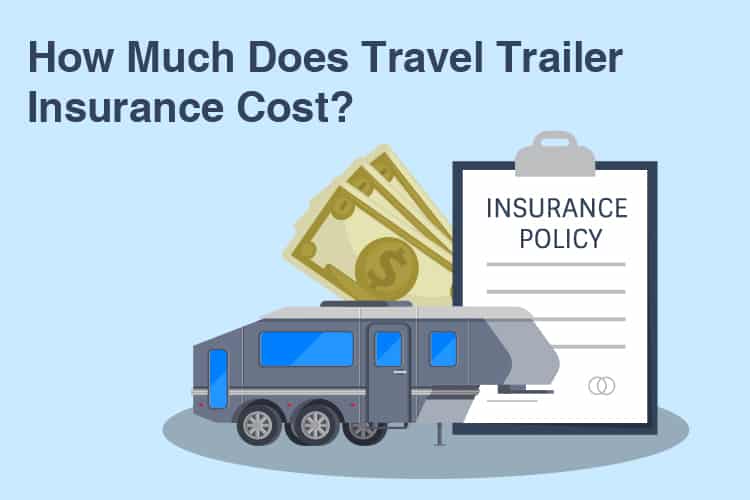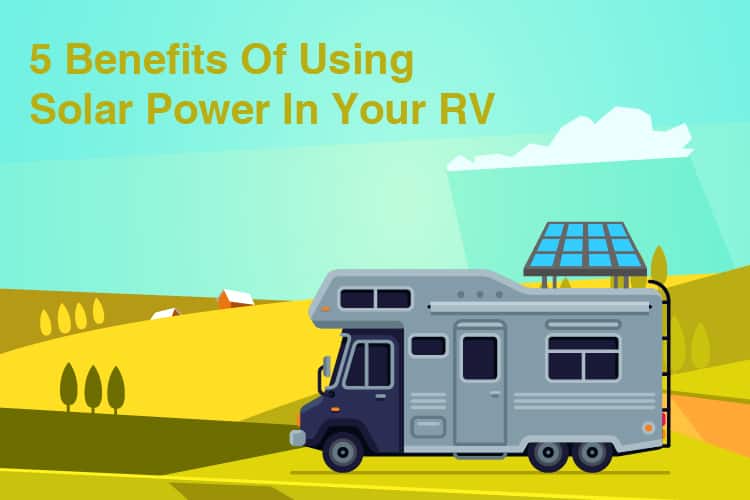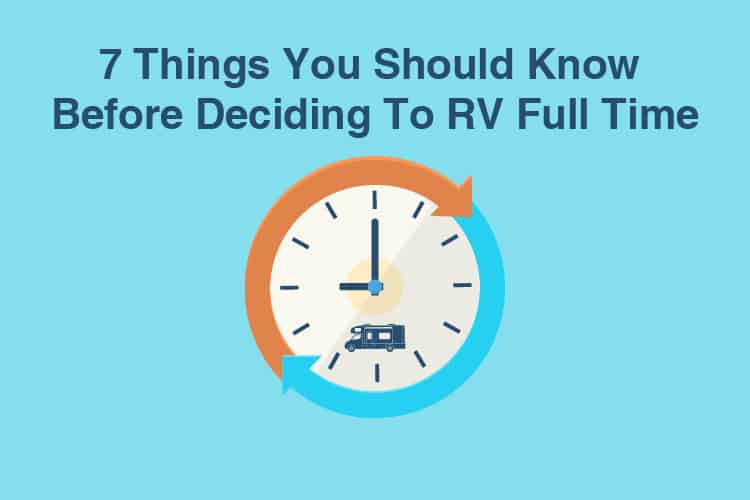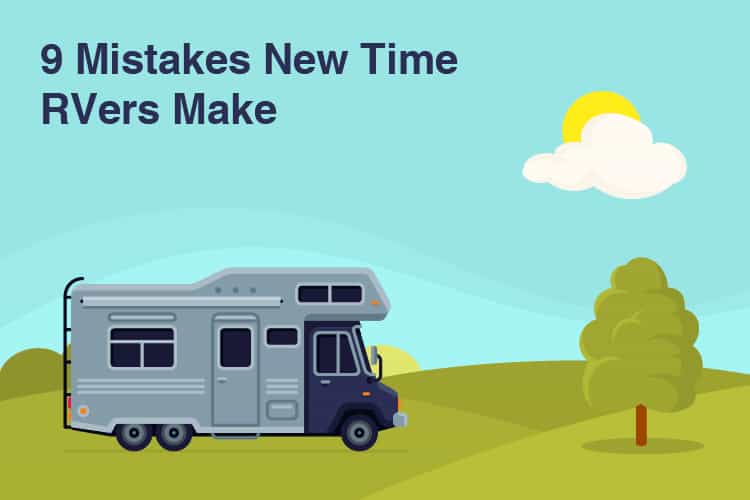Have you recently bought a travel trailer?
Way to go! If you have, it could’ve cost you anything from a few hundred dollars up to tens of thousands of dollars.
Have you also considered what will happen in the event of theft, damage, or an accident?
It can leave you out of pocket for repairs or replacements.
Having an insurance for your travel trailer will give you peace of mind if the unexpected happens.
I know this might be an unaccounted-for expense, but all the same, it makes sense.
So, how much does travel trailer insurance cost?
Let’s look at the type of coverage you might need and what the cost ranges are likely to be.
Why Do You Need Travel Trailer Insurance?

I dare say you have insurance coverage for both your car and your home.
Did you consider the value of your travel trailer, and the fact it needs insurance as well?
My first trailer was a utility one and cost me $300. It was covered for liability on my car insurance—which I thought was fine. That was until it got stolen, teaching me an expensive—but necessary—lesson.
Some vehicle insurance policies will cover a trailer for liability in the unfortunate event that you have an accident.
The trouble is it only covers some of the costs for damage or personal injury to others. It doesn’t cover damage to the trailer itself.
Separate insurance for your trailer can cover damage, theft, accidents, and even roadside assistance.
Types Of Insurance Coverage For Travel Trailers

To help you decide which insurance you need for your travel trailer, let’s examine some of the options.
Comprehensive Coverage
This type of insurance coverage usually pays costs toward repairs if your trailer is damaged as a result of theft, fire, vandalism, or severe weather conditions.
Collision Coverage
This will cover costs for damage as a result of a traffic accident.
So, if you’re rear-ended on the highway, resulting in damage to your trailer, some or all of the cost can be reclaimed.
Liability Coverage
This insurance might sometimes be overlooked because your trailer doesn’t have a motor and cannot power itself to move.
That’s not to say it can’t become unhitched and roll off down a hill, damaging property or—worst-case scenario—a person.
Your auto insurance liability might not cover this, so it’s best to make sure you include it.
Contents Coverage
Trailers are often used for transporting personal possessions. This could be your fishing and camping gear, a generator, or your skis and snowboarding equipment in a smaller trailer.
Something like a kitchenette fire could damage what is stored inside your trailer. Contents cover will pay for theft or damage to anything contained within the trailer.
Other Things To Add On To Your Trailer Insurance Cover

There are a few other options which might cost a bit more, but are definitely worth considering.
Replacement Cost
This is a choice between insuring your trailer for the value it is now or the full cost of replacing it should the worst happen.
It will cost more to insure on a “new for old” basis, but the extra cost could be worth it.
Just like anything else, trailers inevitably depreciate in value with time.
The cost of replacing it yourself could well exceed what you paid for it initially.
It would be nice to know if anything happened, that you would get a nice new trailer.
Personal Injury
Dollar for dollar, this can be an inexpensive add-on. It might only cost a few dollars on top of your policy to add something that’s in the region of an extra $250K coverage.
Roadside Assistance
Another add-on that can be useful is if your trailer loses a wheel or the axle breaks, and you’re miles from anywhere.
This generally costs in the region of about $25 per year, but check with the company when you are getting a quote.
Water Damage
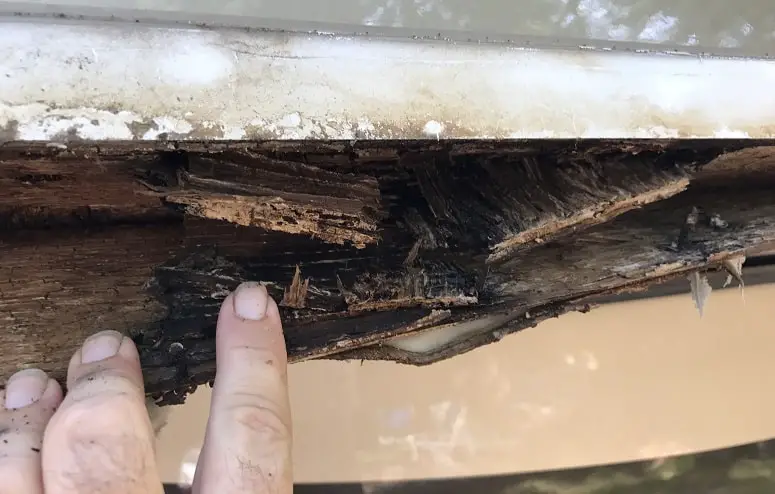
This is where it pays to check the small print. Most comprehensive plans will cover damage by water, but there might be exclusions to the causes of the damage.
Trailers and RVs can be prone to leaks and warping.
These could be caused by any number of things, including corrosion, normal wear, and tear, ice build-up and manufacturer’s defects.
Double check with your agent or the company to find out what their exclusions are and if there is any coverage for them in another way.
Emergency Expense Coverage
This helps if you have to make alternate travel arrangements or lodging costs when you’re a long way from home and your trailer is damaged.
Campsite/Vacation Liability Or Full-Timer Liability
These cover personal liability when your trailer is parked and being used to live in for recreational purposes.
How Much Does Travel Trailer Insurance Cost?

Speaking in broad terms, this really depends on how much coverage you want.
You now know the options—the more you choose, the higher the expense.
Generally, the average insurance policy costs anything between about $250 up to $500 per year.
Like anything, however, it pays to shop around.
Your first port of call could be the company that provides your auto insurance. They will be able to tell you what coverage, if any, you already have for your trailer.
They might also offer a discount for taking a second insurance policy out with them.
You can obtain quotes from an agent or online. There are many companies to choose from, such as Farmers, Progressive, Geico, and Good Sam, to name a few.
Compare like-for-like quotes before making a commitment, and you could end up saving quite a few dollars.
Covering It Off
I have given a number of reasons why you should have insurance for your travel trailer. Some states insist that you do (check with your local Department of Motor Vehicles).
You can choose the level of coverage you want and then shop around to get the best deal. Don’t forget to utilize any discounts you might be entitled to, such as being a veteran, student, government worker, or teacher.
A little research can go a long way to saving you hundreds of dollars.
This is not only on policy costs but in the peace of mind that you are covered when the worst happens.
Let us know about your own insurance experiences and don’t forget to share with others who might benefit from this article.


